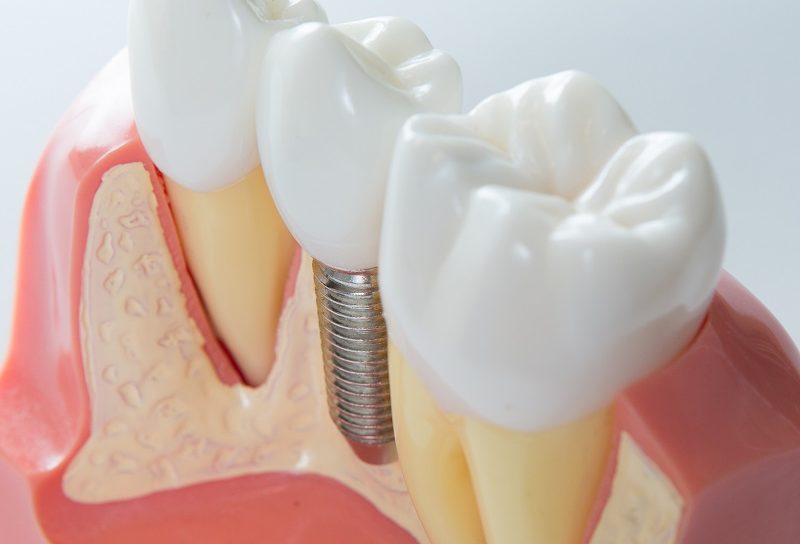Good dental hygiene practices are essential for healthy teeth and gums. Good dental hygiene practices include brushing your teeth with the right toothbrush, using the most suitable toothpaste for you, flossing at least once a day, using a fluoride mouthwash and making sure you visit the dentist at least once every six months and your hygienist as many times as recommended by your dentist. A healthy lifestyle is also important in maintaining healthy teeth and gums. This includes enjoying a healthy diet, and avoiding poor lifestyle choices such as smoking and excessive drinking. In this way you can maintain clean, healthy teeth and strong gums that are free of disease. If your dental hygiene practices are not as good as they should be this can affect your dental health. If you do not visit your dentist often enough then this can also have negative implications for your dental health. A combination of excellent dental hygiene practices and regular visits to the dentist are the key to good dental health.
Avoiding the dentist

If you avoid the dentist then plaque and tartar will build up on your teeth. Over time this will damage the enamel and creep under the gum line resulting in tooth decay and gum disease. If you continue to avoid the dentist, tooth decay and gum disease can have irreversible effects and eventually this can result in missing teeth.
Replacing missing teeth
Missing teeth can affect all aspects of your life. If you have lost a tooth or undergone a tooth extraction because of tooth decay or gum disease then you need to speak to your dentist sooner rather than later to have the tooth replaced. If you have been in an accident and lost a tooth, again it is important that you speak to your dentist as soon as possible so that the tooth can be replaced and the consequences can be minimised.
Dental implants

Dental implants Melbourne are an excellent method of replacing missing teeth. They provide a permanent solution and can look and feel like your natural teeth. Dental implants can be used to replace a single tooth or multiple teeth depending on your individual requirements. You can replace all of your teeth with dental implants too. Up to 3 teeth can be replaced with one implant and a full arch of teeth can be supported using four or six implants depending on the strength of your jaw and other underlying factors.
Your dentist will be able to put together the best treatment plan for you. Dental implants are not suitable for everyone so you will need to undergo a thorough examination of your teeth and gums and discuss your medical history with your dentist to find out if you are eligible. If not, your dentist will talk about other options with you. If your dentist is happy with your gums and jawbone and you have no underlying medical health conditions then you can replace your missing teeth in approximately six months, restoring the appearance of your smile and the function of your mouth. Speak to your dentist today to find out more.
Any surgical or invasive procedure carries risks. Before proceeding you should seek a second opinion from an appropriately qualified health practitioner.

